Equinor is transforming Brazil's energy landscape significantly.
January 10, 2025
Written by Turian Biel
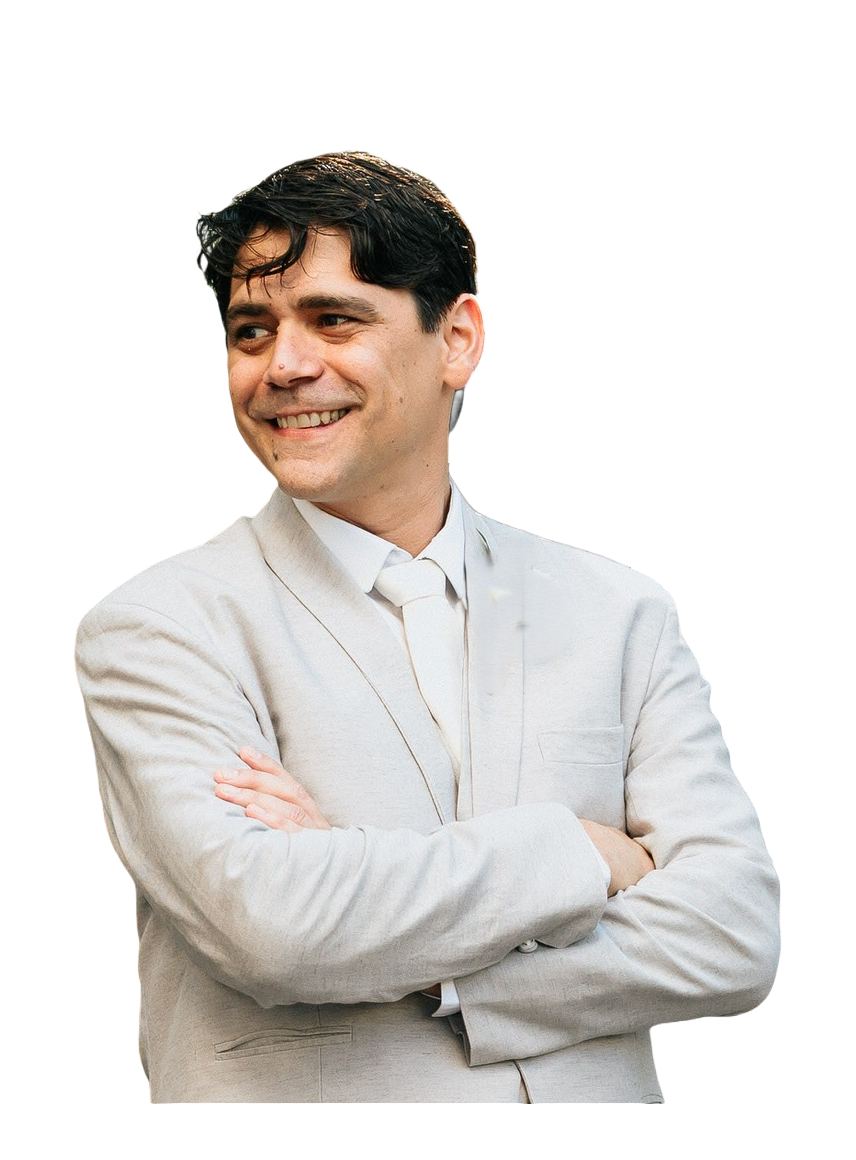
Table of Contents
- The Role of Equinor in Brazil's Energy Landscape
- Equinor's Commitment to Renewable Energy
- Investment in Natural Gas Projects
- Challenges in the Oil and Gas Sector
- Offshore Wind Energy Potential
- Collaboration with Local Institutions
- Investment in Carbon Reduction Technologies
- Equinor's Role in Brazil's Economic Development
- Future Prospects for Equinor in Brazil
- Equinor's Innovations in Oil Production
- Equinor's Strategic Partnerships in Brazil
- Collaboration with Local Governments
- Investment in Offshore Wind Projects
- Technological Innovations in Oil Extraction
- Focus on Hydrogen Production
- Addressing Regulatory Challenges
- Community Engagement Initiatives
- Investment in Carbon Capture Technologies
- Future of Natural Gas in Brazil
- Equinor's Role in the Global Energy Market
- Equinor's Commitment to Diversity and Inclusion
- Equinor's Innovations in Energy Efficiency
- Equinor's Future Projects and Initiatives
- Equinor's Focus on Sustainable Practices
- Conclusion
The Role of Equinor in Brazil's Energy Landscape
Equinor's Commitment to Renewable Energy
Equinor has been actively involved in Brazil's energy sector, focusing on renewable energy sources and oil production. The company aims to increase its renewable energy capacity significantly, targeting a total of 3 GW by 2026. However, challenges such as regulatory hurdles and competition in the renewable sector pose significant obstacles for the company's future growth.
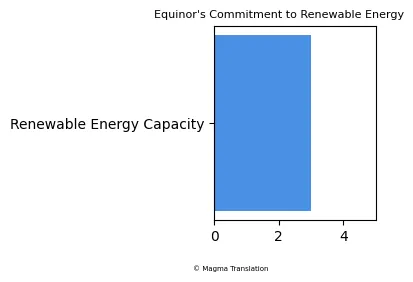
Investment in Natural Gas Projects
Equinor is developing the Raia Project, which has the capacity to flow approximately 16 million cubic meters per day. The company emphasizes the importance of innovation and efficiency in reducing carbon emissions to overcome challenges in natural gas production. This project is crucial for meeting Brazil's growing energy demands while transitioning to cleaner energy sources.
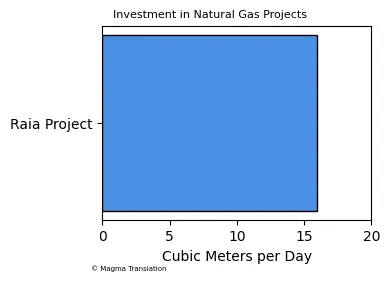
Challenges in the Oil and Gas Sector
The oil and gas industry in Brazil faces several significant challenges in aligning with sustainability goals. Issues such as environmental impacts, regulatory requirements, and market pressures are critical. The exploration and production of oil and gas are associated with greenhouse gas emissions, necessitating rigorous management and the adoption of cleaner technologies. Companies like Equinor must implement ESG practices and invest in sustainable processes to navigate these challenges effectively source.
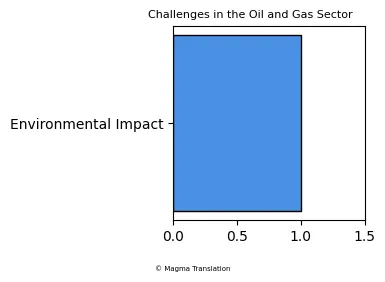
Offshore Wind Energy Potential
Equinor's vice-president, Pål Eitrheim, stated that Brazil needs to decide how and when to explore offshore wind energy, as the country seems to have missed the first global investment window in this sector. He noted that the last two years have been challenging due to high inflation and rising costs, leading Equinor to shift focus from offshore to onshore projects. Despite this, the company aims to implement between 12 and 16 GW of renewable energy in the next five years.
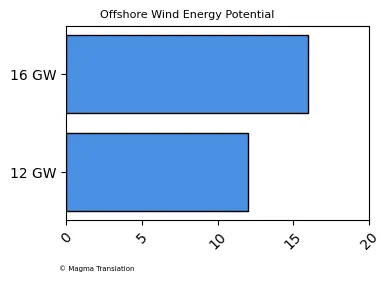
Collaboration with Local Institutions
Equinor has partnered with the Brazilian Institute of Oil and Gas (IBP) and SBM Offshore to train 16 professionals annually for the Brazilian offshore market. The Offshore Future Program aims to address the growing demand for qualified offshore workers through a four-month training program. This initiative is crucial for building local capacity and ensuring a skilled workforce in the energy sector.
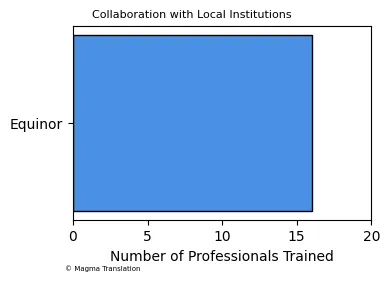
Investment in Carbon Reduction Technologies
Equinor's energy transition plan includes an investment of US$ 23 billion in renewables over the next five years. In 2023, approximately 20% of their investments were directed towards low-carbon projects, with plans to increase this to 30% by 2025 and around 50% by 2030.
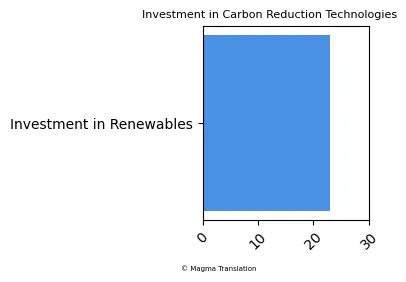
Equinor's Role in Brazil's Economic Development
Equinor's presence in Brazil is significant, especially in the natural gas sector, where the company seeks to expand its operations and contribute to the energy transition. The company faces challenges related to regulation, competitiveness, and sustainability, which are crucial for the future of the sector in the country. For more information, visit BNDES Hub de Projetos.
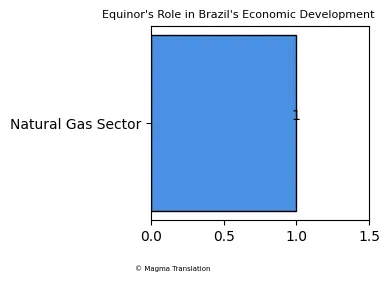
Future Prospects for Equinor in Brazil
Equinor aims to reduce greenhouse gas emissions by 50% by 2030. More than half of the company's investments will be directed towards renewable energy and low-carbon solutions. The Equinor will operate the first FPSO in Brazil using combined cycle gas turbine methodology in the Bacalhau field, which is expected to avoid 100,000 tons of emissions per year.
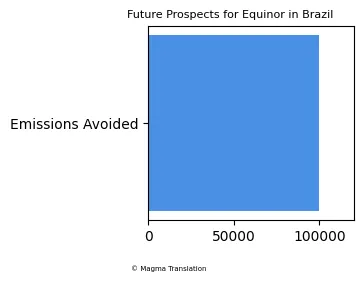
Equinor's Innovations in Oil Production
The project Epic, in partnership with Equinor, seeks innovative solutions to enhance oil production processes and increase well efficiency. The first phase, which is concluding, focused on reservoir management, artificial lift, and reservoir characterization. Approximately one hundred researchers were involved in the research, which will now undergo a maturation period within the company.
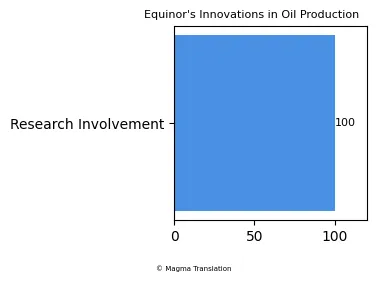
Equinor's Strategic Partnerships in Brazil
Collaboration with Local Governments
Equinor has established strategic partnerships with local governments to enhance its operations in Brazil. These collaborations aim to align the company's goals with regional development plans, ensuring mutual benefits. By working closely with state authorities, Equinor can navigate regulatory landscapes more effectively and contribute to local economies. This approach is crucial for fostering a supportive environment for energy projects and ensuring sustainable growth in the regions where they operate source.
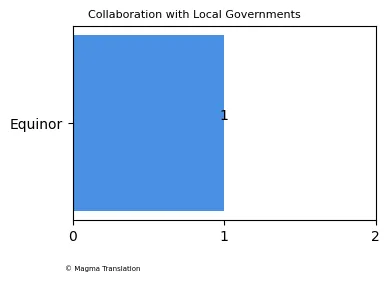
Investment in Offshore Wind Projects
Equinor is actively exploring opportunities in offshore wind energy, recognizing Brazil's potential in this sector. The company is assessing various sites for wind farm development, aiming to harness the country's strong coastal winds. This initiative aligns with Brazil's renewable energy goals and Equinor's commitment to sustainability. The transition to offshore wind energy is seen as a vital step in diversifying Brazil's energy matrix and reducing reliance on fossil fuels source.
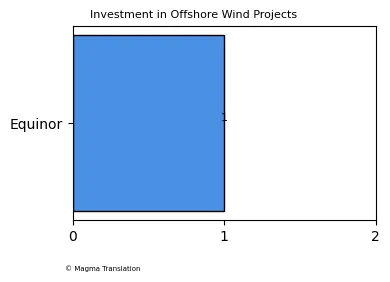
Technological Innovations in Oil Extraction
Equinor is leveraging advanced technologies to enhance oil extraction processes in Brazil. The company is investing in digital solutions and automation to improve efficiency and reduce environmental impacts. These innovations are crucial for maximizing output from existing fields while minimizing the carbon footprint. By adopting cutting-edge technologies, Equinor aims to set new industry standards and lead the way in sustainable oil production source.
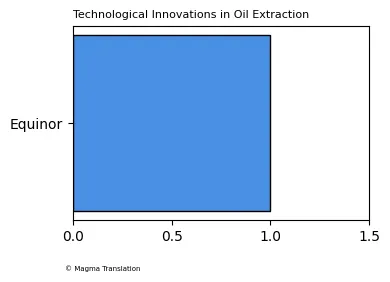
Focus on Hydrogen Production
Equinor is exploring hydrogen production as a clean energy source in Brazil. The company recognizes hydrogen's potential to play a significant role in the energy transition, particularly in decarbonizing hard-to-abate sectors. With investments exceeding $50 billion announced for hydrogen projects in Brazil, Equinor aims to establish itself as a leader in this emerging market. The focus on hydrogen aligns with global trends towards cleaner energy solutions source.
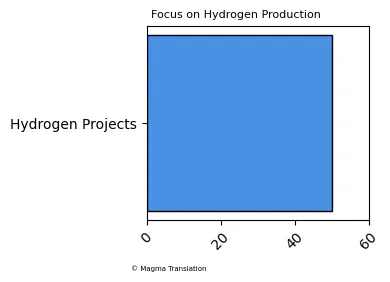
Addressing Regulatory Challenges
Equinor faces various regulatory challenges in Brazil, which can impact its operations and investment strategies. The company is actively engaging with policymakers to advocate for a regulatory framework that supports sustainable energy development. By participating in industry forums and discussions, Equinor aims to influence regulations that facilitate the growth of renewable energy while ensuring environmental protection source.
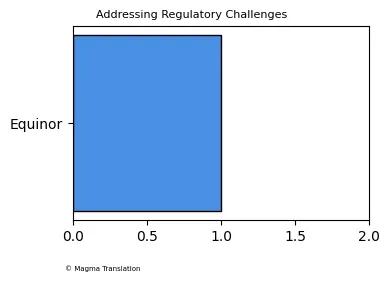
Community Engagement Initiatives
Equinor is committed to engaging with local communities in Brazil to ensure that its projects benefit the people living in the areas where it operates. The company conducts outreach programs to educate communities about its initiatives and gather feedback. This engagement is essential for building trust and ensuring that local concerns are addressed in project planning and execution source.
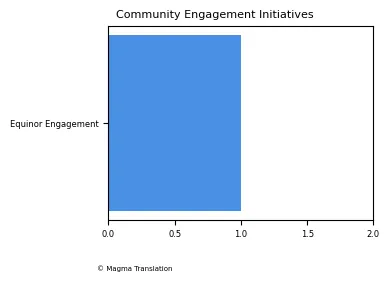
Investment in Carbon Capture Technologies
Equinor is investing in carbon capture and storage (CCS) technologies as part of its commitment to reducing greenhouse gas emissions. The company recognizes the importance of CCS in achieving climate goals and is exploring various projects in Brazil. By implementing these technologies, Equinor aims to mitigate the environmental impact of its operations while contributing to the global effort to combat climate change source.
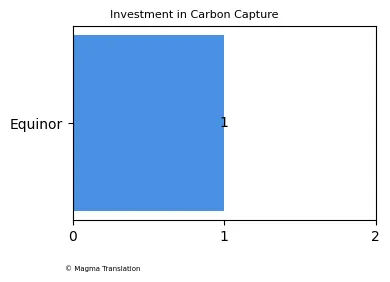
Future of Natural Gas in Brazil
Equinor sees natural gas as a crucial component of Brazil's energy transition. The company is focused on developing projects that enhance the role of natural gas in the energy mix, particularly as a bridge fuel towards a more sustainable future. By investing in natural gas infrastructure, Equinor aims to support Brazil's energy security while reducing emissions source.
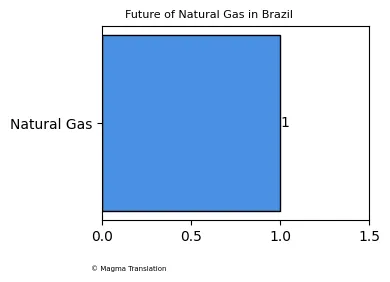
Equinor's Role in the Global Energy Market
Equinor's operations in Brazil are part of its broader strategy to strengthen its position in the global energy market. The company is committed to diversifying its portfolio and expanding its renewable energy footprint. By leveraging its experience and expertise, Equinor aims to contribute to the global transition towards sustainable energy while ensuring profitability and growth source.
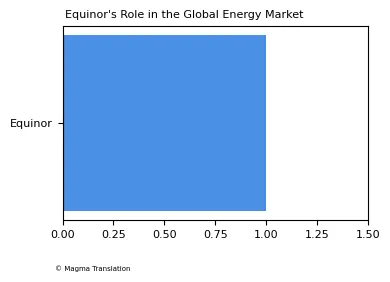
Equinor's Commitment to Diversity and Inclusion
Equinor believes that diversity and inclusion are essential for innovation and success in the energy sector. The company is actively working to create a diverse workforce that reflects the communities it serves. By fostering an inclusive culture, Equinor aims to enhance creativity and problem-solving, which are crucial for addressing the challenges of the energy transition source.
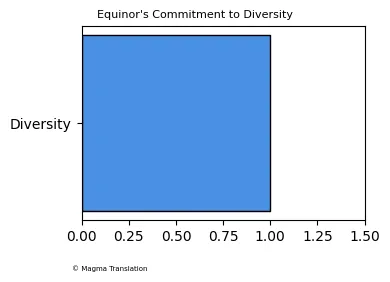
Equinor's Innovations in Energy Efficiency
Advancements in Digital Solutions
Equinor is leveraging digital technologies to enhance energy efficiency across its operations in Brazil. By implementing advanced data analytics and machine learning, the company aims to optimize production processes and reduce waste. These innovations are crucial for improving operational efficiency and minimizing environmental impacts. Equinor's commitment to digital transformation aligns with its broader sustainability goals, ensuring that it remains competitive in the evolving energy landscape source.
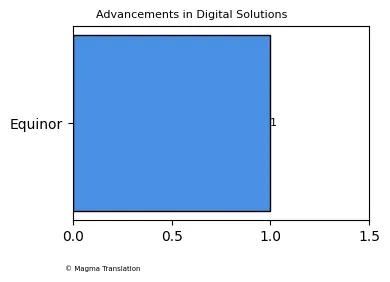
Investment in Local Supply Chains
Equinor is focused on strengthening local supply chains in Brazil to support its operations and enhance economic development. By sourcing materials and services from local suppliers, the company aims to create jobs and stimulate growth in the regions where it operates. This strategy not only benefits the local economy but also reduces transportation emissions, contributing to Equinor's sustainability objectives source.
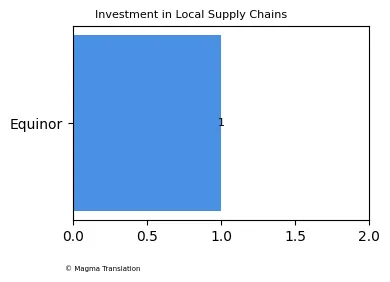
Engagement in Policy Advocacy
Equinor actively engages in policy advocacy to promote a favorable regulatory environment for renewable energy in Brazil. The company collaborates with industry associations and government bodies to influence energy policies that support sustainable development. By participating in discussions and providing insights, Equinor aims to shape regulations that facilitate the growth of renewable energy while ensuring environmental protection source.
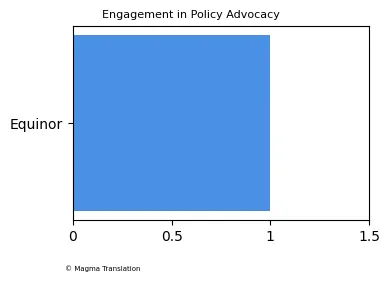
Equinor's Future Projects and Initiatives
Exploration of New Energy Frontiers
Equinor is exploring new energy frontiers in Brazil, focusing on innovative projects that align with the country's renewable energy goals. The company is assessing potential sites for solar and wind energy development, aiming to diversify its energy portfolio. By investing in these new projects, Equinor seeks to contribute to Brazil's transition to a low-carbon economy while enhancing its operational footprint in the region. This proactive approach is essential for meeting future energy demands and supporting sustainable growth source.
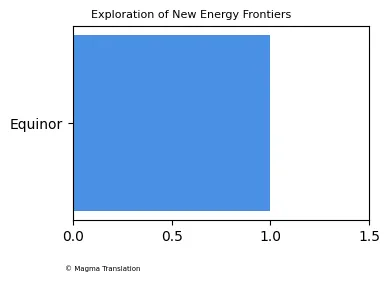
Equinor's Focus on Sustainable Practices
Commitment to Environmental Stewardship
Equinor is dedicated to environmental stewardship in its operations in Brazil. The company implements various initiatives aimed at minimizing its ecological footprint, including waste reduction and resource conservation. By adopting sustainable practices, Equinor not only complies with regulatory requirements but also enhances its reputation as a responsible energy provider. This commitment is essential for building trust with stakeholders and ensuring long-term success in the Brazilian energy market source.
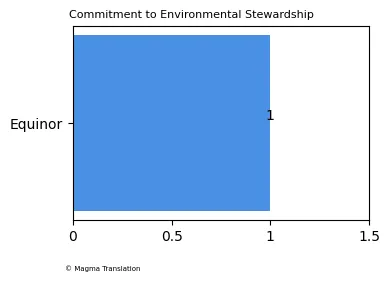
Conclusion
Equinor's multifaceted approach to energy production in Brazil highlights its commitment to sustainability, innovation, and community engagement.
